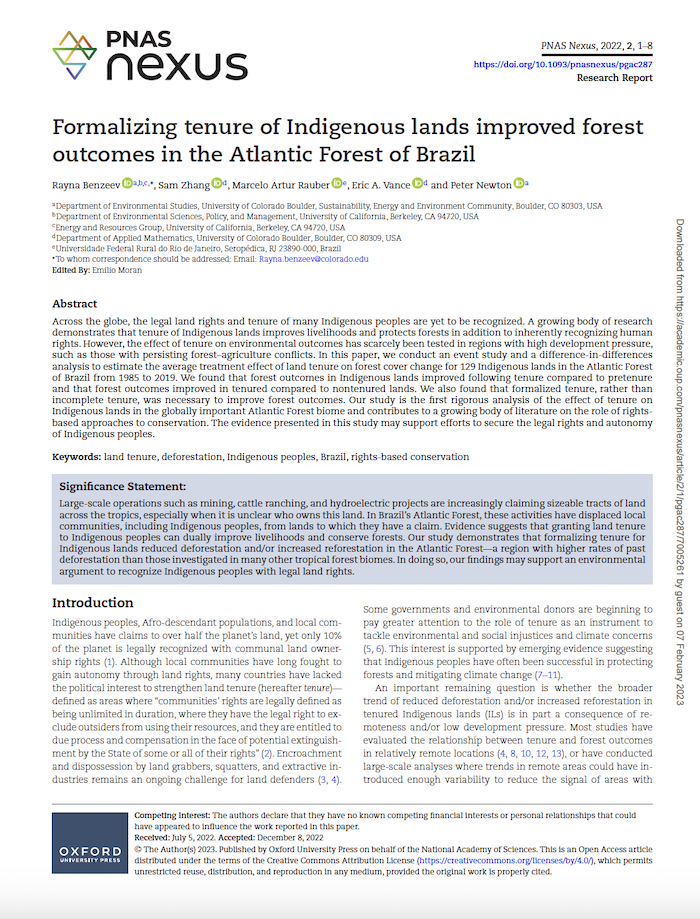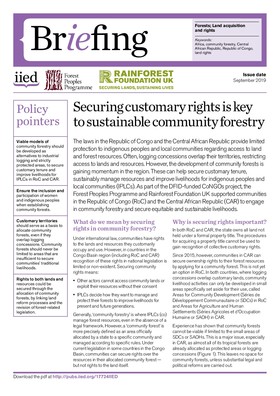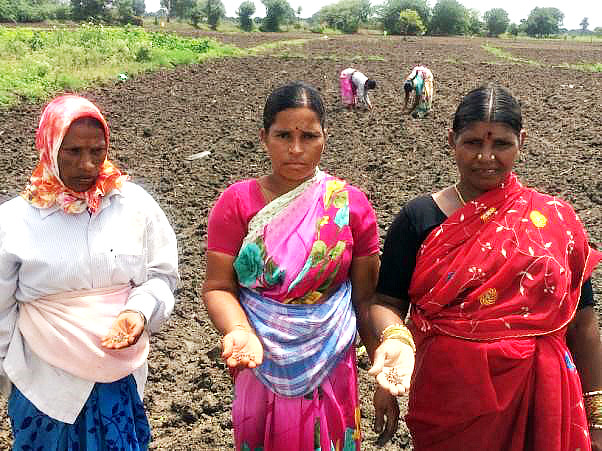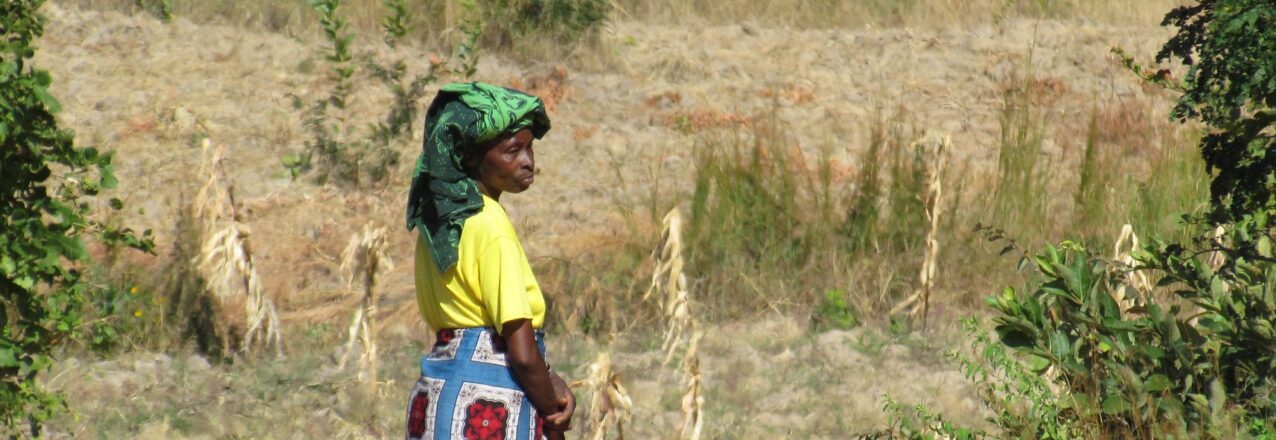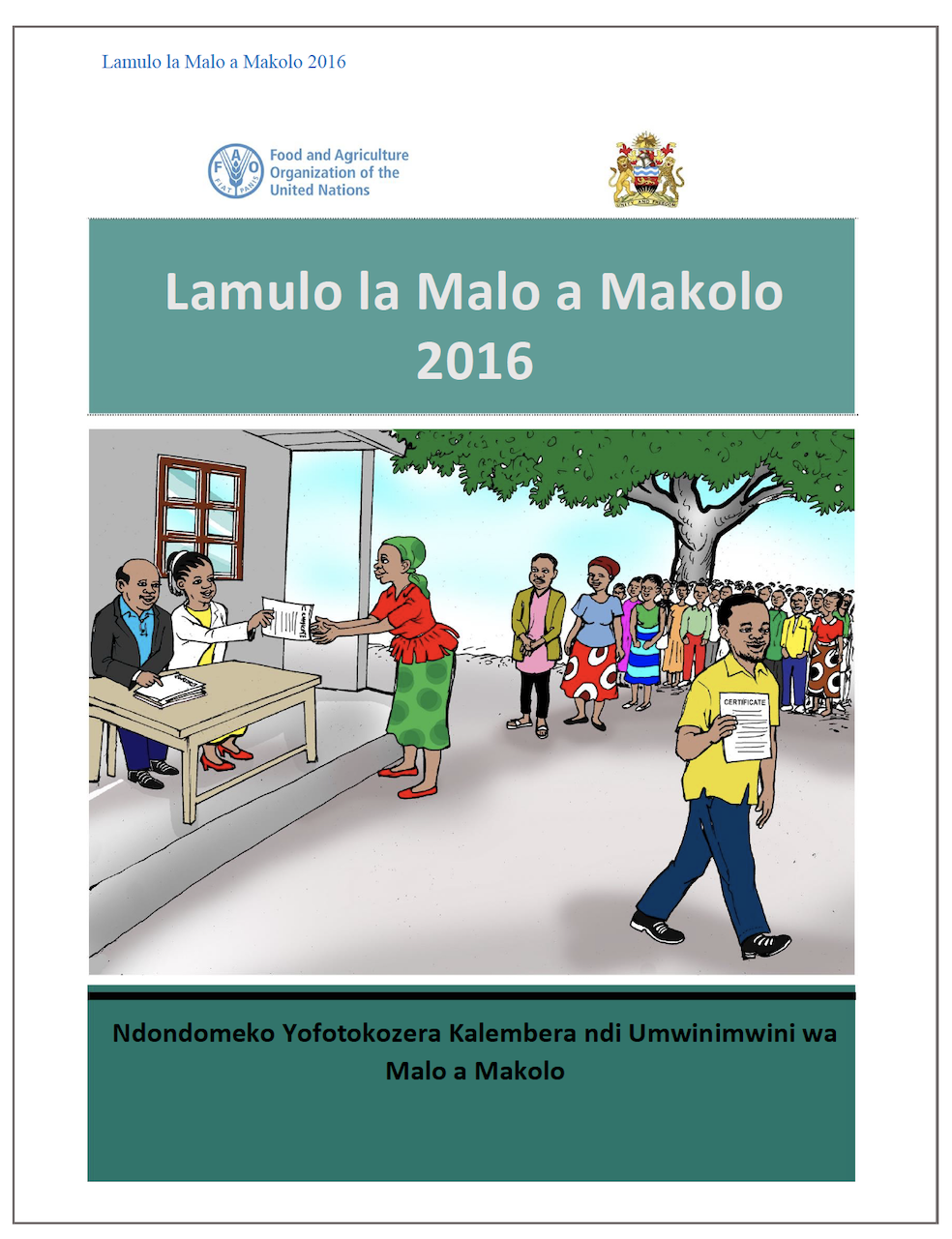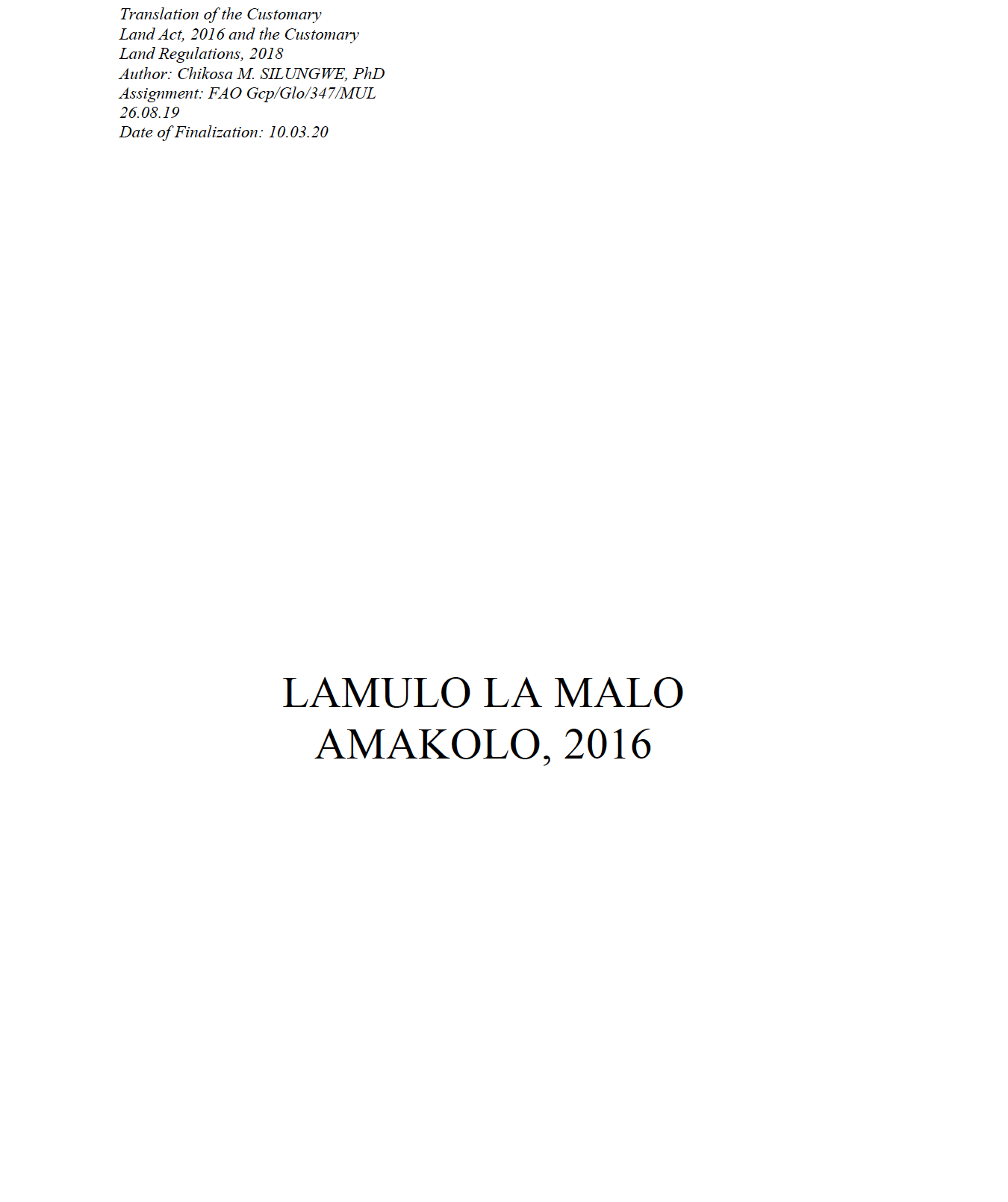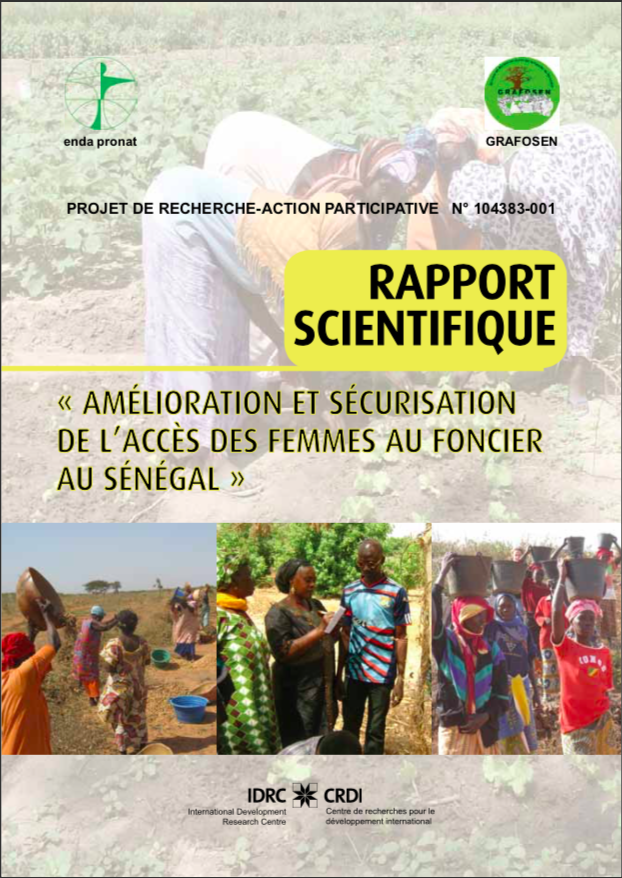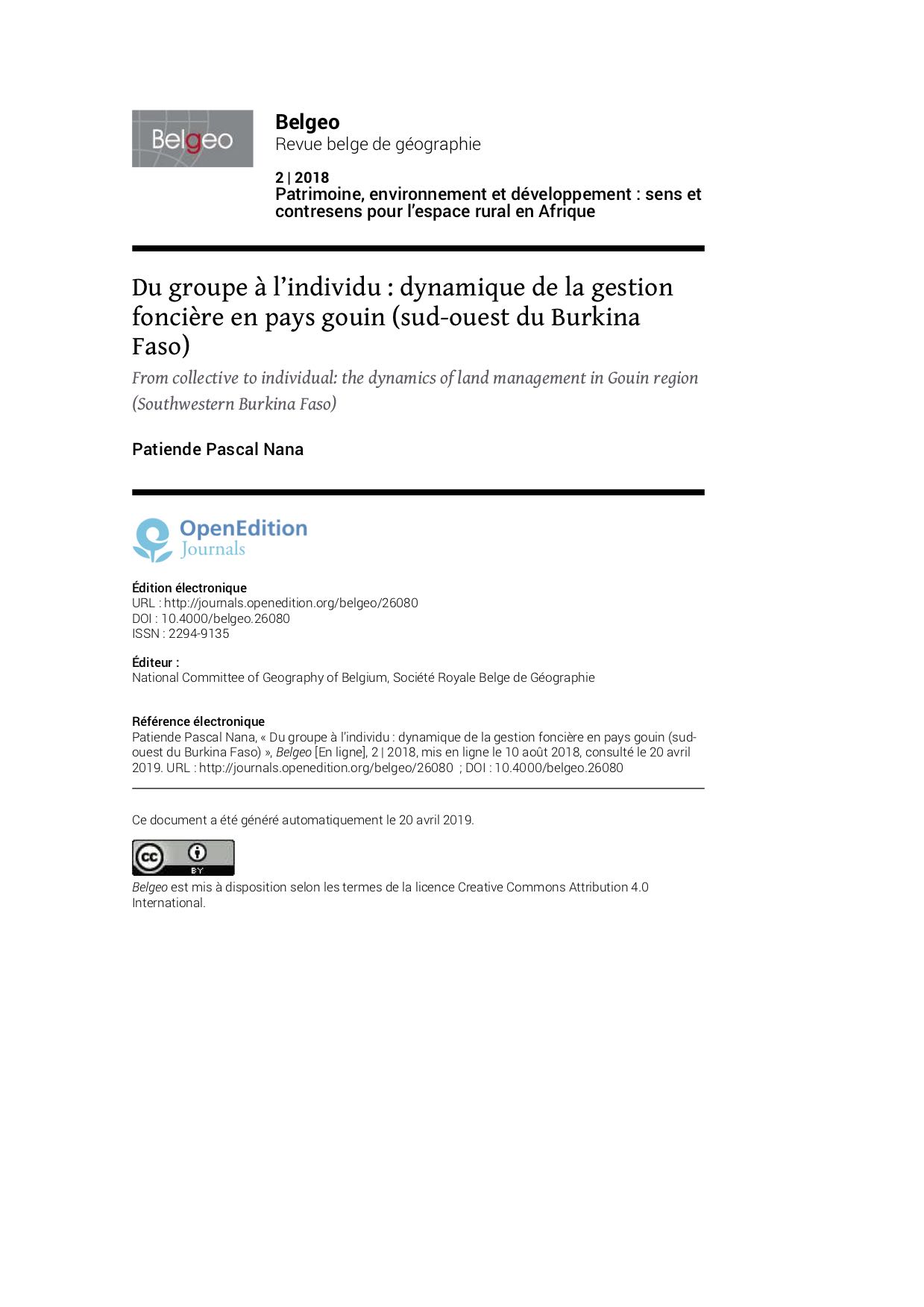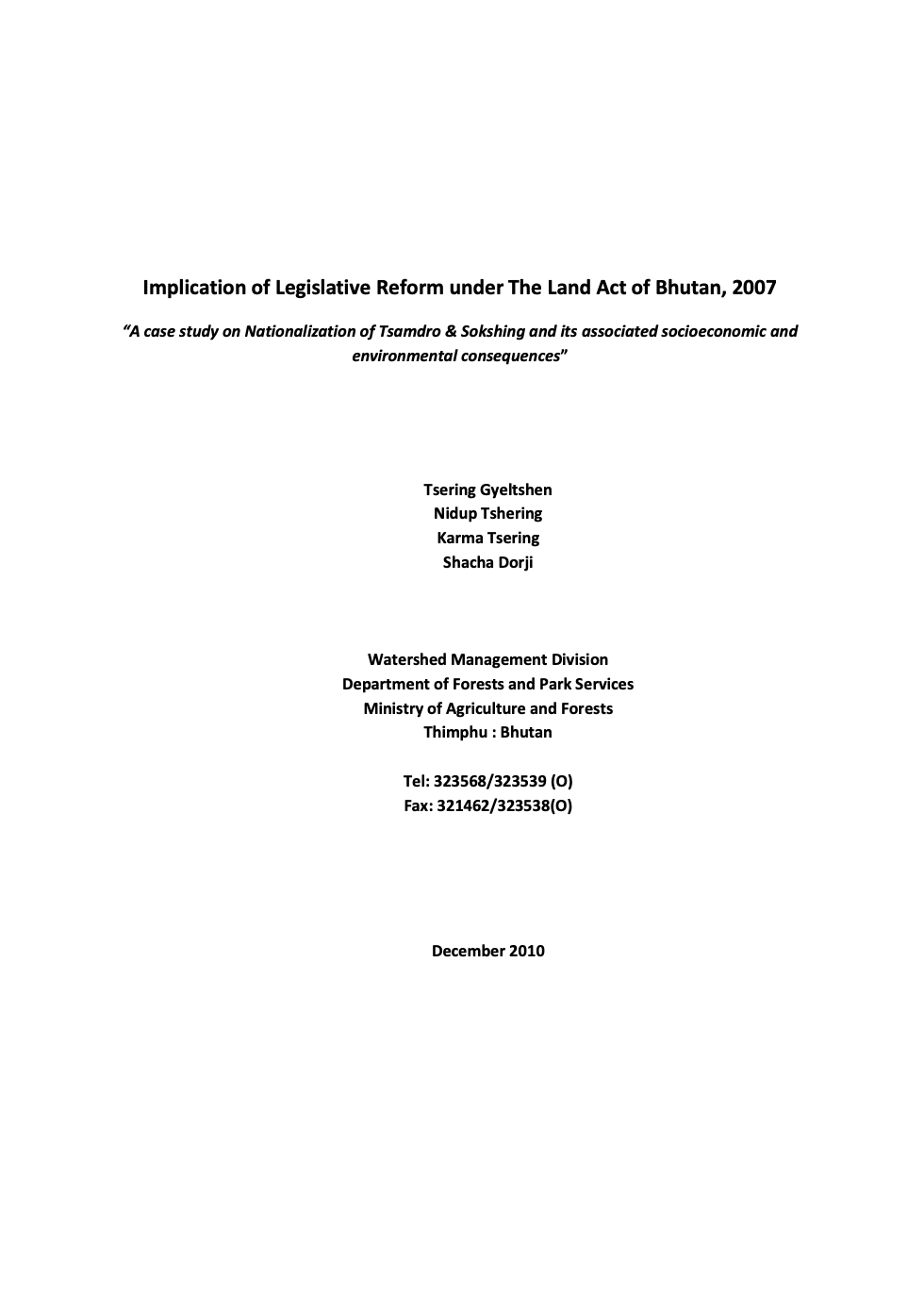Formalizing tenure of Indigenous lands improved forest outcomes in the Atlantic Forest of Brazil
Across the globe, the legal land rights and tenure of many Indigenous peoples are yet to be recognized. A growing body of research demonstrates that tenure of Indigenous lands improves livelihoods and protects forests in addition to inherently recognizing human rights. However, the effect of tenure on environmental outcomes has scarcely been tested in regions with high development pressure, such as those with persisting forest–agriculture conflicts.

